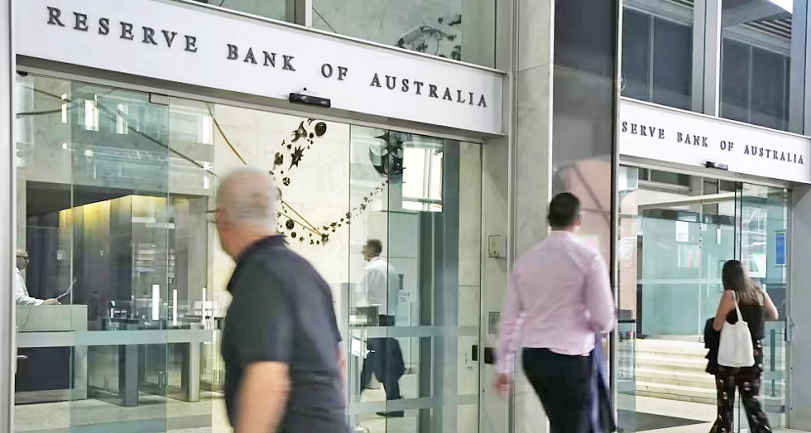CNA – Australia’s Labour government is set to deliver the federal budget today, as the country faces growing pressures from rising costs of living.
It will be the government’s second budget since winning power in May last year, and follows last week’s decision by the Reserve Bank of Australia (RBA) to hike interest rates.
Along with soaring rents and a multi-billion dollar defence bill, the government faces a massive challenge in addressing its domestic and security responsibilities.
Some analysts predict that a consumer recession will occur.
NOT ADDING TO INFLATION
The Australian government said it is determined to deliver a responsible budget providing relief on the costs of living, without adding to inflation.
AMP Capital’s chief economist Shane Oliver told CNA it is a practical but difficult move. “On the one hand, the government will want to provide support to their base, to the middle income earners who are doing it tough with the cost of living pressures, particularly regarding energy,” he said.
“By the same token, they don’t want to do too much of that, for fear it would just add to inflation. And more broadly, they’ve got a longer term structural problem with the budget deficit.”

Recently announced plans to increase the country’s defence spending will already add another AUD4 billion (USD2.71 billion) to the budget bill.
On the domestic front, the ballooning cost of Australia’s national disability scheme and demands for better welfare support for the unemployed will factor into the budget.
KEEPING A ROOF OVER THEIR HEADS
In Inner Sydney, hundreds of people live rough on the streets, with many of them forced out of their homes by spiralling rents.
Lieutenant Keven Williams from the Salvation Army told CNA, “I think it is getting worse and I don’t think we’ve seen the rest of it. I don’t think we’ve seen the most of it to be honest.
“It’s going to get higher as rates go up, as cost of living goes up as well. The cost of food and financial support is hard as well.”
The Salvation Army is hoping to raise AUD37 million this year to help such vulnerable Australians.
Managing director of the Street 2 Stage initiative Owen Davis experienced first-hand the problems faced by the homeless.
He has since got his life back together thanks to a successful music career, but believes that society needs to address fundamental misconceptions.
“I’m sure if you asked anyone what does homelessness looks like to you, they’re going to put their hand up and say homelessness to me is an older fellow, maybe with a dog, he’s asking people for change. Maybe he’s been to war, he’s been forgotten by his family. But it’s just not the case, you know,” said Davis.
Even many semi-professionals are struggling to keep a roof over their head, as mortgages and rents continue to soar in the country.
Finder data analyst Graham Cooke shared that as part of its research, the firm asks consumers if they struggle to pay their rent or mortgage.
“The percentage of each group who have said ‘yes’ to that question has increased gradually over the past 24 months. So now about a third of mortgage owners are struggling to pay their mortgage, but 45 per cent of renters say that they are struggling to pay their rents,” he said.
There are hints that the upcoming budget will ease the financial burden on those sections of society suffering the most, as the government looks to put a freeze on rents for a limited period.
However, there are no easy answers for the Labour government, which faces the prospect of a technical recession if the economy worsens.
Oliver from AMP Capital said he expects “just a slowdown” in the economy. “What we are going to see is a dramatic slowing in growth. And we are also going to see a significant rise in unemployment,” he said.
“Of course the risk is if the RBA keeps on tapping on the interest rate brake, that we will tip into recession.”





